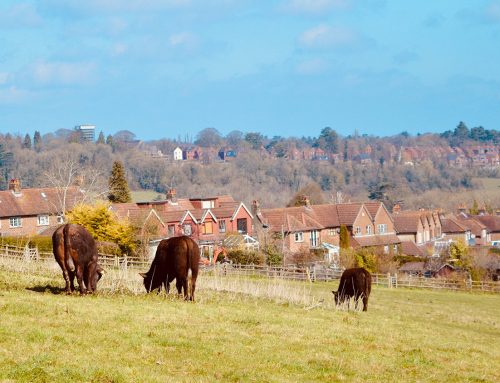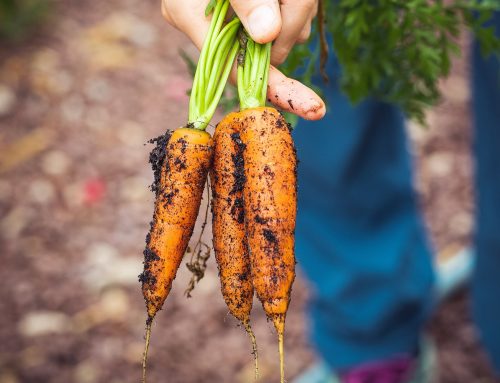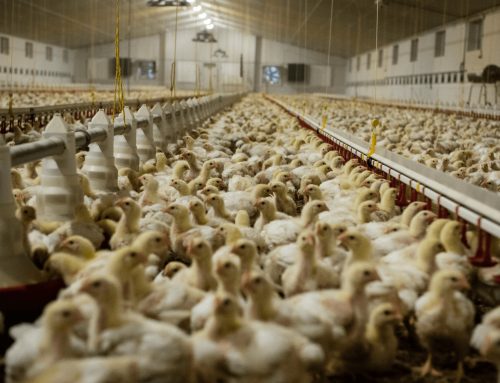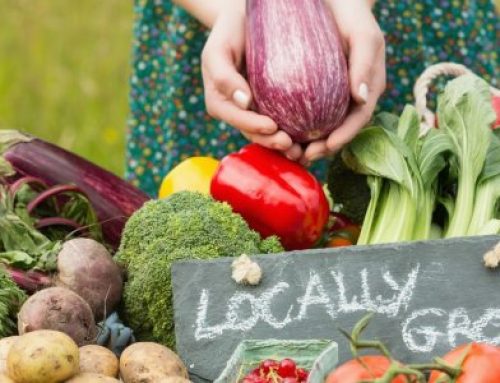The Face of UK Farming is Changing
Let’s face it, the times they are a-changin’. UK farming and food trends aren’t the same today as they were 20 years ago. And, you can be sure they’re not going to be the same a further 20 years from today. It’s an industry that is constantly going through rapid evolution, driven by both production methods and consumer habits.
Rise of Organic Farming
Organic food is commonplace in 2020, but 30 or 40 years ago it was very much still a novelty food category. Prince Charles was one of the pioneers, moving the Duchy of Cornwall to organic production methods in the 1980s and many thought he was mad. Move forward 40 years to 2020 and according to Forbes magazine over £50 million a week is spent on organic products in the UK alone. Consumer demand for ethical products has widened, with animal welfare and the rise of veganism in the UK leading the way.

As of 2018, there were over 3.5 million people in the UK who follow a plant-based diet, skyrocketing from only 540,000 in 2016. With 22 million people now identifying as ‘flexitarian’ in the UK, a blend between a conventional diet and vegan diet, the UK Vegan sector is now estimated to be worth £310m annually.
Sustainable Farming in the UK
With the UK being an island nation experiencing dramatic population growth, and a world that’s facing global warming pandemic, a radical solution is believed necessary to keep feeding the mouths of Britain’s sustainably. A plant-based or flexitarian future is believed by many a potential solution to both issues.
It largely comes down to “removing the middle man”. Adult humans ideally need between 2500 and 3500 calories daily to remain fit and healthy. Animal protein is seen as an efficient way to ingest the calories and build muscle, but the animals also need feeding. They also need a vast amount of land to graze and roam. It shocks many, but the UK already grows enough food for way more than its current population of 67 million.
According to a recent Harvard University study, over 55% of UK cropland is used to feed as animal feed. The report concluded that if one-third was repurposed from animal to human consumed arable it could provide the 62m people, almost the entire UK population, with their portions of 5 a day of fruit and vegetables. This could be transformative for Britain where we are so heavily dependent on imports.
We’re not saying meat production is bad, we are just suggesting that the UK’s meat-eating culture likely to change in the future with the rise in health, environment and animal welfare consciousness. The UK will likely start producing less meat and more plant foods for human consumption, particularly organic, and this will, in turn, lead to a transformation of farming in Britain.
We expect this to be a global change as people are educated to the fact that over 50% of the planets land surface is dedicated to food production, and 4/5ths of this is to produce animal products. This is disproportionate, as meat and dairy only contribute 25% of humanities protein needs and less than 25% of our calories.
A reduction in animal farming will usher in an era of innovation. We anticipate technologies such as indoor farming will rise significantly, where pesticides are all but unnecessary along with far better use of our scarce resources; 70% less water is needed on average. Drones, sensors and automation enhanced with IoT (internet of things) and AI (artificial intelligence) will grow exponentially. As of 2019, the UK Government has already invested $28 million into numerous high-tech farming projects via local enterprise partnerships (LEPs) such as the One Health scheme in Dorset.
This transformation offers exciting opportunities for many SME’s and start-ups, but it will be vital they identify and adapt to industry trends. Businesses such as UKFoodWeb seek to create a community of SME food sector businesses, allowing them to network, share ideas to grow and expand together. Being able to understand market demands ad adapt, to meet ever-changing consumer demand in a competitive landscape, will be key – and far easier by working collaboratively.
Passionate about the UK Food and Drink Sector, the challenges facing our amazing farmers and producers and how we can all help?
Further reading:
Marketing Week – Retailers response to rising demand for plant-based food
The Independent Newspaper – Survey on UK vegans rising to 3.5m
VeganSCI – By area, 85% of UK food production is used to produce animal feed
Forbes – UK Government announces £28m investment into AgriTec
Compassion in World Farming (Philip Lymbery) – Why we need more extensive, less intensive farming






